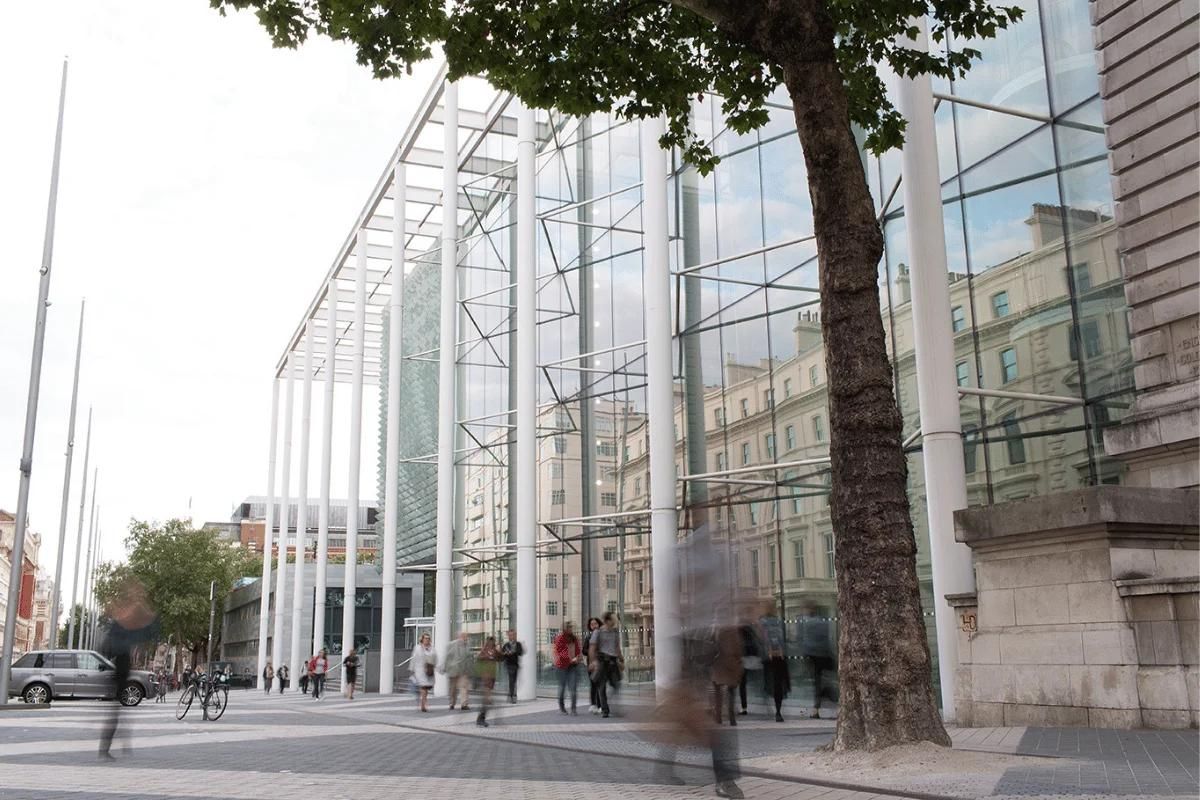EdTech leader calls for greater diversity in our curriculum

Emma Slater from @GCSEPod calls for greater diversity in our curriculum
It was encouraging to see MPs debate a petition on Black history and cultural diversity in the curriculum, which called for the teaching of Britain’s colonial past to be made compulsory in the UK.
Previously, the government’s response has been to state that the history curriculum provides educators with the freedom to ‘use specific examples from history to teach pupils about the history of Britain and the wider world at all stages…it is for schools and teachers themselves to determine which examples, topics and resources to use to stimulate and challenge pupils and reflect key points in history.’
This misses the point of making this compulsory and across all subjects. As it says in the Conservative Party’s manifesto, ‘students learn best when they are stretched, challenged and nurtured’ but I’m not convinced the current curriculum delivers this.
A survey undertaken by the Petitions Committee found that over half of secondary school teachers disagreed that “the National Curriculum ensures that students in my school experience a balanced range of ethnically and culturally diverse role models.”
As the Director of Education at an EdTech provider it’s on my agenda to use our platform to help enrich the curriculum. I’m incredibly proud of the free resources we published in collaboration with poet Denga Stone to celebrate British and Irish authors of African and Caribbean heritage (The CAACH project).
Working with L’myah Sherae from the APPG on Race Equality in Education has shaped our company’s values and commitment to developing and diversifying our network of contributors. I was honoured to attend APPG panel events and hear first-hand from community leaders about the impact of a curriculum lacking in diversity.
L’myah shared some real insight into this topic, stating that “it’s imperative that the government make Black history lessons mandatory across schools, as will be the case in Wales in 2022. For education institutions to truly fulfil their purpose, the curricula must reflect the works, thoughts and talents of communities from around the world. African, Caribbean and Asian communities are far too frequently misrepresented or eliminated in today’s curriculum – and this is relevant across school, further education and higher education curricula too. Whilst I believe that the Department for Education should issue clear requirements on this, I think that publishers and relevant organisations/stakeholders should do more to increase racial diversity across education resources.”
I spent a decade as an English teacher in London, there’s no doubt teachers and students are eager to explore diversity in schools. Sadly, a lack of resources and support in how to approach this confidently, has made this difficult to achieve and GCSE teachers fear drifting too far from the specification in case precious teaching time is lost.
This was highlighted by research undertaken by the Petitions Committee, one survey concluded that a quarter of teachers lacked confidence in their capacity to develop their students understanding of Black history and cultural diversity. This doubt was articulated fairly consistently by teachers regardless of their own ethnic background.
Literature is key to developing reading and writing skills but we need to ensure the literature we expose children to doesn’t all come from the same era or perspective. When I authored parts of a book to help English teachers, Reimagine Key Stage 3 English, one of my focuses was on widening cultural understanding.
The CAACH project is the first in a series of planned special projects that aims to shine a light on subjects that have been overlooked. Though I’m pleased we’re taking these first steps, there is more to be done and the government should be doing more to diversify children’s education.
The Parliamentary Under Secretary of State at the Department of Education who attended the debate reiterated that there was nothing stopping teachers giving lessons on wider cultural topics, stating that teachers should use their own knowledge and expertise to determine what they teach.
However, without resourcing, direction and encouragement from the Department of Education and exam boards, teachers largely continue to teach the same topics they always have. The government needs to take the lead in this area to ensure that new content is embedded.
Much of this debate focused on the history curriculum but we need to look across all subjects. Some recent research concluded that only 1 % of school students study books written by people of colour at GCSE.
Though it’s true that teachers don’t have to wait for changes to the curriculum to incorporate different authors, many are tired, overworked and lacking the time to reimagine the curriculum independently.
Theresa Villiers MP, has made the point in the House of Commons that those wishing to understand Britain today need an understanding of its colonial past. We’re incredibly fortunate to have a wealth of artists from a diverse range of backgrounds – it’s time our curriculum reflected that.
By Emma Slater, Director of Education, GCSEPod
Emma spent over ten years as a high performing Lead Teacher and Head of English in London. She was also an English Consultant for The Tauheedal Trust (now Star) and The PiXL Club. Emma has had her work on how to build skills, develop reading stamina and promote cultural understanding in Key Stage 3 English published by Harper Collins. She also spent some time at the BBC and think tank Policy Exchange.












Responses